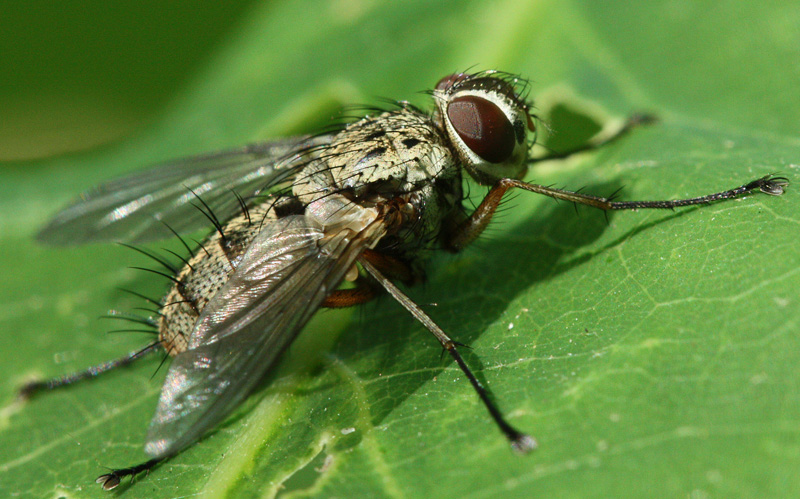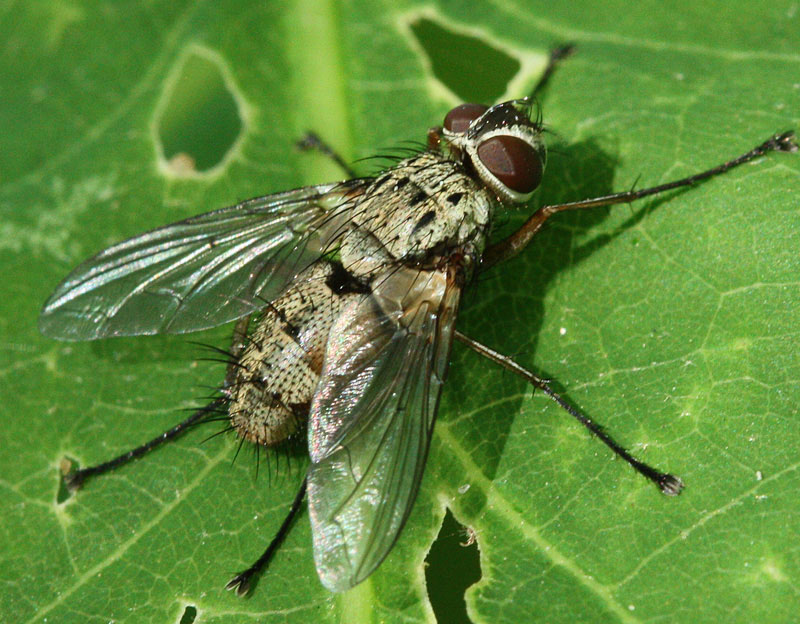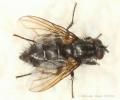Diptera.info :: Identification queries :: Diptera (adults)
Who is here? 1 guest(s)
|
Tachinid NL 1>Dexia rustica intersex
|
|
| jck |
Posted on 04-07-2017 18:46
|
|
Member Location: Posts: 1074 Joined: 21.08.12 |
Near Apeldoorn on 18/06/17. Is this Dexia rustica? James jck attached the following image:  [192.71Kb] Edited by jck on 31-07-2017 15:38 |
|
|
|
| jck |
Posted on 04-07-2017 18:46
|
|
Member Location: Posts: 1074 Joined: 21.08.12 |
2
jck attached the following image:  [165.26Kb] |
|
|
|
| Zeegers |
Posted on 04-07-2017 18:48
|
|
Member Location: Soest, NL Posts: 18611 Joined: 21.07.04 |
It looks weird. I am not at home now. Please repost in 2 weeks time. Theo |
|
|
|
| jck |
Posted on 04-07-2017 18:50
|
|
Member Location: Posts: 1074 Joined: 21.08.12 |
Okay, will do. Thanks. James |
|
|
|
| jck |
Posted on 28-07-2017 12:34
|
|
Member Location: Posts: 1074 Joined: 21.08.12 |
Round 2 |
|
|
|
| Zeegers |
Posted on 28-07-2017 16:58
|
|
Member Location: Soest, NL Posts: 18611 Joined: 21.07.04 |
Thanks ! Yes it is Dexia rustica and yes it is very weird. The vertex is too narrow for a female, yet too broad for a male. The abdomen is too grey for a male, yet quite reddish for a female. And there are discal setae, which is OK for a male but not so for a female. I am suspecting this is an intersex. That might sound extreme, but in my experience these are not soo rare, about 1 in 1.000 or so. Theo |
|
|
|
| jck |
Posted on 28-07-2017 18:43
|
|
Member Location: Posts: 1074 Joined: 21.08.12 |
Thanks! I haven't heard of intersex flies before - are they infertile or how does that work? james |
|
|
|
| Zeegers |
Posted on 30-07-2017 09:27
|
|
Member Location: Soest, NL Posts: 18611 Joined: 21.07.04 |
Gender is - contra general believe - not determined by DNA but by hormones. And of course, hormonalic levels are determined by DNA, .... if nothing goes wrong ! But quite often something goes wrong, spontaneously or under outdoor influences (in insects, for instance, heavy metals). In vertebrates, humans included, due to blood circulation, hormonalic levels are even all over the body. ' Intersexes' here are generally caused by intermediate levels. In insects, there is no blood and therefore hormon levels might differ hugely from bodypart to bodypart, and sometimes they do. Put bluntly but not incorrectly, in an insect gender is a notion on cellular level. So you can have (and I do !) a Tachinid with female head, male claws and split genitalia (left female, right male). Given this complexity, I am not sure if a general answer is possible to your question. If there is, undoubtedly it will be ' infertile' This is an interesting example. In Dexia the sexual dimorphy is strong, which gives the opportunity to detect abberations. In, for instance, Peribaea tibialis, the sexual dimorphy is so low, that having a male with female vertex will practically be undetectable, unless you know what to look for. Therefore, my ' 1 out of 1.000 or so' might very well be an underestimation. If you ever find an odd Tachinid (or even an supposed spec. Nov.), the first question you should ask yourself is ' Are we sure it is not an intersex ?" Theo |
|
|
|
| piros |
Posted on 30-07-2017 11:53
|
|
Member Location: Szeged, Hungary Posts: 1763 Joined: 04.01.12 |
Somatic sex in most cases of flies is determined by two sex chromosomes X and Y, or more precisely, unlike in mammals, for example, by the ratio between autosomal chromosomes and the X chromosomes. In females the ratio 1:1 (that is, 2:2), in males 1:1/2 (2:1) It happens sometimes that one of the Xs in females is lost during somatik cell divisions, and, if that happens early during embrionic development, the resulting fly is a mozaic of male and female parts of the body. This is the likely explanation for the Tachinid fly mentioned by Theo above. In Drosophila, and most likely in other flies as well, there are a handful of genes responding to the autosomal - X ratio. and take part in the determination of somatic sex. When inappropriately expressed (e.g. mutant in both copies), they porudce true intersexes with characters intermediate between the two sexes. I think this latter possibility may apply to the fly in the photos Henrik (Gyurkovics) once a Drosophila geneticist 
Edited by piros on 30-07-2017 12:00 |
|
|
|
| piros |
Posted on 30-07-2017 12:14
|
|
Member Location: Szeged, Hungary Posts: 1763 Joined: 04.01.12 |
P.S.: I forgot to mention that, of course, inappropriate gene expressionn or inappropriately working gene products may be the result of environmental factors, such as heavy metals in the environment, as mentioned by Theo.
Edited by piros on 30-07-2017 12:16 |
|
|
|
| Zeegers |
Posted on 30-07-2017 12:19
|
|
Member Location: Soest, NL Posts: 18611 Joined: 21.07.04 |
Thanks, Hendrik. That might indeed be the best explanation for the specimen above. In other cases, as mentioned by me above, the intersex is not intermediate, but partly male, partly female. This seems to be a different mechanism. I use 'intersex' in the most broadest sense, for anything not clearly male of female. We'd probably need to refine the terminology, maybe it already exists, I don't know. Theo |
|
|
|
| piros |
Posted on 30-07-2017 13:24
|
|
Member Location: Szeged, Hungary Posts: 1763 Joined: 04.01.12 |
Yes, your case with parts male, parts female is a male/female mosaic, most likely produced by the first mechanism (somatic loss of one X chromosome in a female embrio) I mentioned.
Edited by piros on 30-07-2017 13:26 |
|
|
|
| jck |
Posted on 31-07-2017 15:38
|
|
Member Location: Posts: 1074 Joined: 21.08.12 |
Theo and Henrik, thank you for taking the time to explain a bit about the sex of flies and how that works. I am very grateful for your time and knowledge. James |
|
|
|
| Jump to Forum: |













 but don't see the image in the post.
but don't see the image in the post.